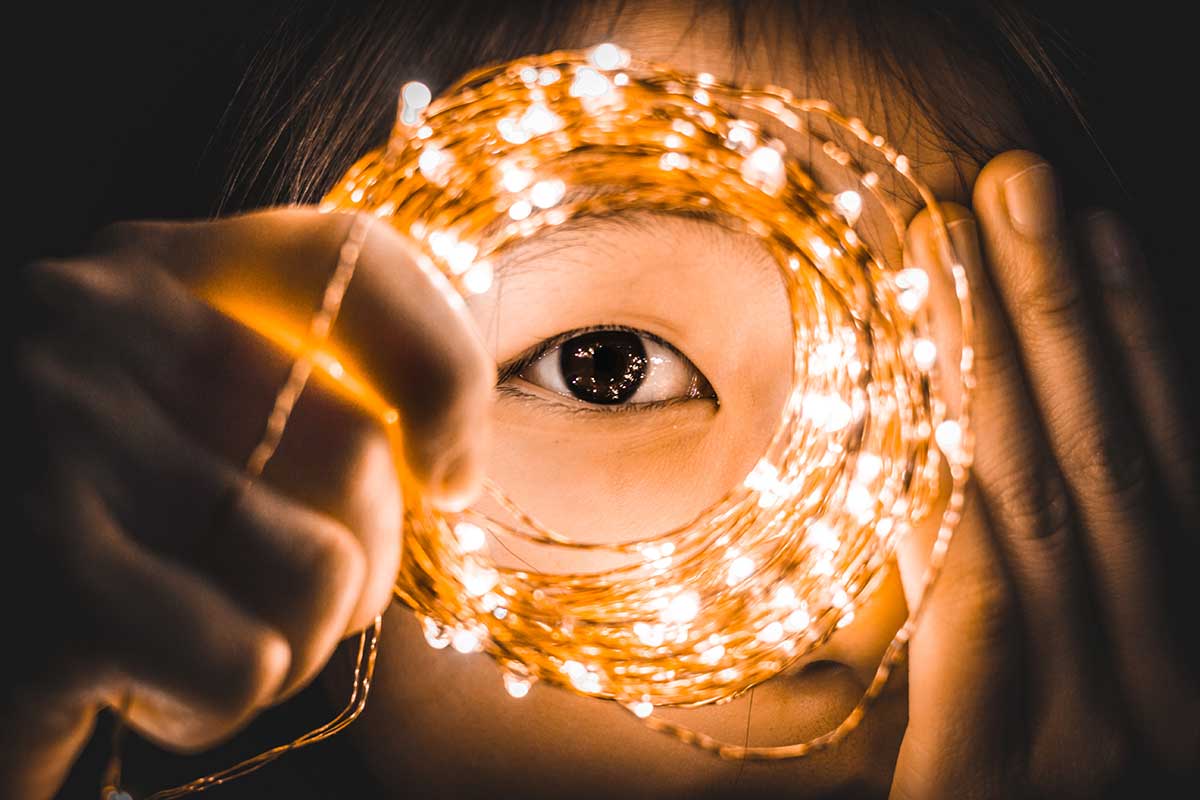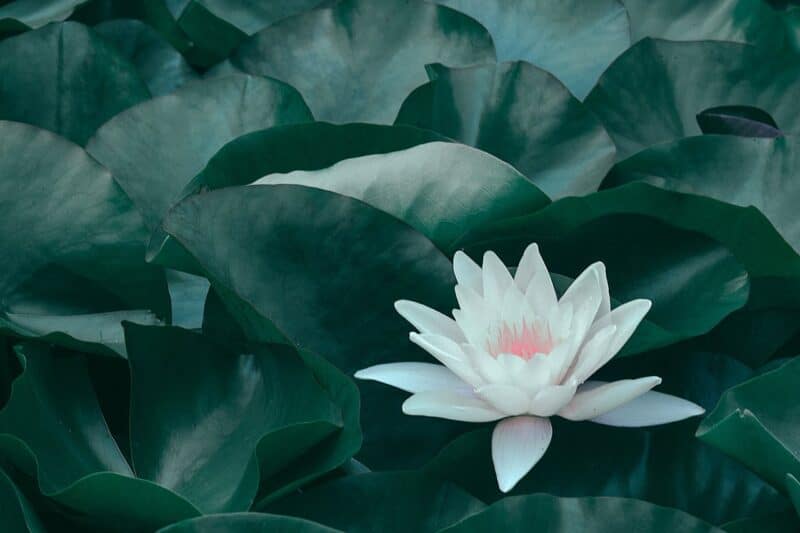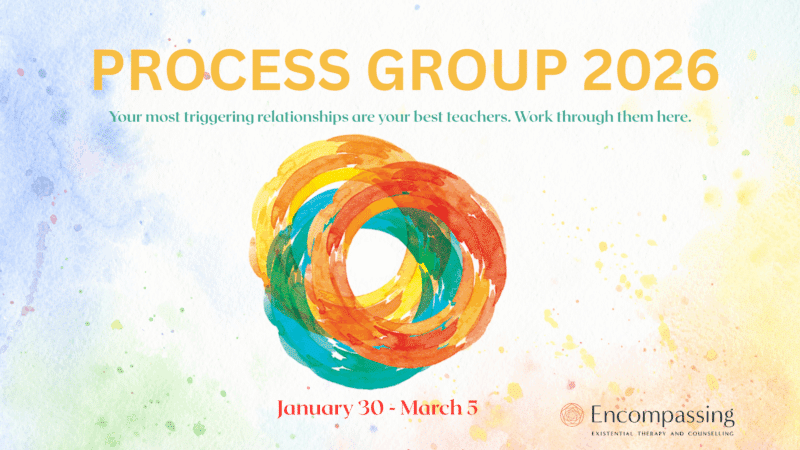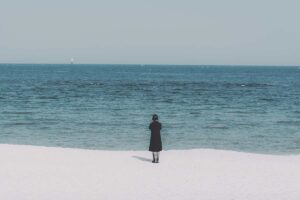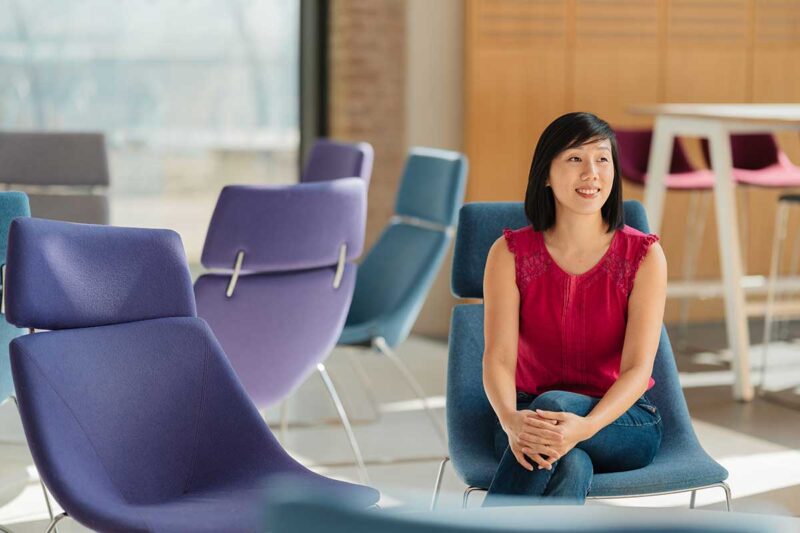Lockdown in Singapore
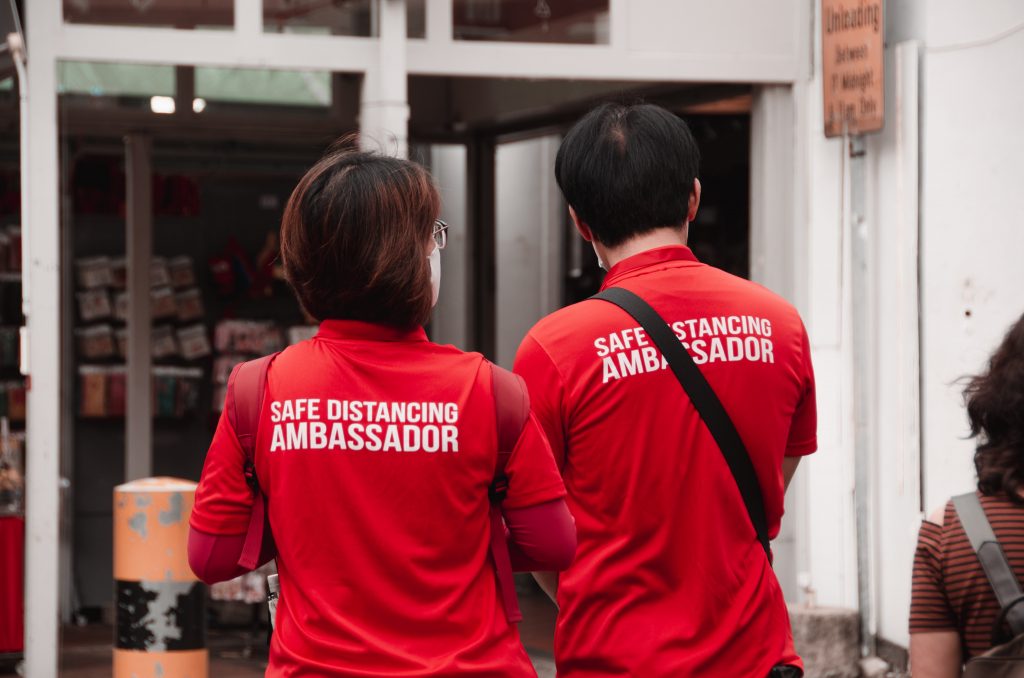
Why can’t the government just call this circuit breaker a lockdown like other countries?! I want to loiter around aimlessly, why can’t I?! There is nobody on the streets, why do I need to wear a mask?!These were some of the questions I was asked in the first two weeks. At the time, I had the inner resources to fend myself from these frustrated-filled outbursts from the people around me.Hope. I had it.This was going to be like a retreat. Finally, some time to myself! A luxury I’d been yearning for since the beginning of my doctoral journey anyways. No work. No problem. I will just need to spend less. I have supportive family and friends. I have a direction in my life- writing my thesis and setting up my private practice. All is set, what more do I need for these 4 weeks?But, hope can be such an elusive thing. I had it but it can be taken away so quickly at the same time too.Precisely at the moment when I found out that our remaining 2 weeks had extended itself to 6.Now I find myself asking those questions as well.This is an existential crisis we are all in.People are dying without their loved ones to send them off on their last journey. We have to make lifestyle changes that we would prefer not to. Parents are anxious that their children with mental health issues are going to be caught not wearing their masks on the streets yet they’re limited by what they can do. Elderlies are suffering from insomnia, triggered by anxiety and worry, but do not dare go to a hospital for fear that they may get affected themselves. Children are forced to consider balancing risks with concern about their demented parent’s welfare in terms of isolation and lack of stimulus way before the circuit breaker kicked in.Even for the people who are bent on not being defeated by it mentally or emotionally finds themselves affected by it one way or another. One poignant example is the mad rush for bubble tea before the stricter restrictions set in. In a way, it’s a death of some sort. Not the physical kind but we have to die to some of our desires, cravings and needs.
Useful things I have learnt from the Existentialists
Today, more than ever, humanity needs to turn to existential philosophy for wisdom and direction.It’s a great reminder, especially now, that man exists.And to exist in existential terms is not the passive ‘lying around’ understanding that many of us hold today.
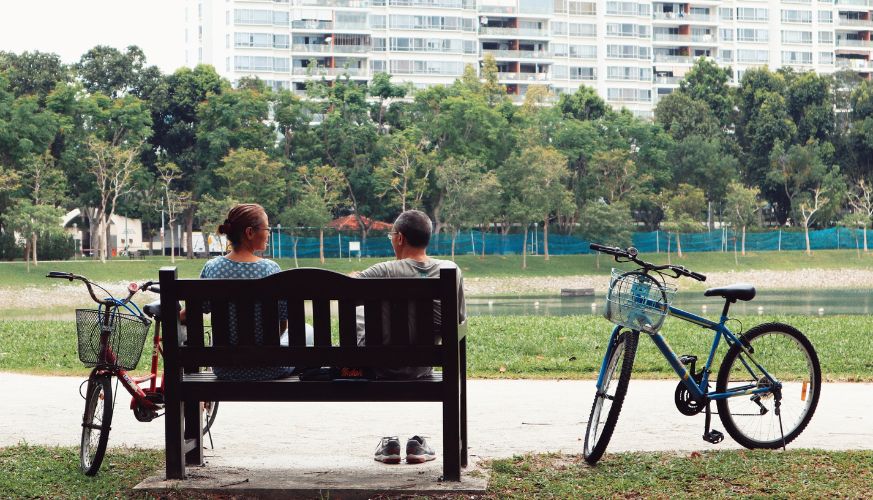
Authentic selfhood requires the exercise of individual freedom, will and decision for its attainment.Yet, at the same time, we can only exist as persons in the world with others. This inherent paradox in an authentic existence becomes all the more prominent now with our second wave of restrictions.And the existential question many of us could be asking as a society and as a human race at the moment is:How we can continue to exercise our freedom, will and creativity, being the active agent that existence requires of us, while not being swallowed up by the new restrictions that are continually being rolled everyday (for good reasons)?I don’t yet have an answer. And maybe I don’t need one. I don’t know.But I’d like to think that the question is a hopeful rather than a despairing one.
About the Author
I am a BPS-accredited and SPS-accredited Counselling Psychologist with a Doctorate in Existential Psychology from the New School of Psychotherapy and Counselling in London, U.K. My care philosophy is not to diagnose, label, or categorise but rather to work with the individual in front of me in the here and now.
My clinical credentials certainly play a significant role in defining my professional identity. But to foster a deeper connection and authenticity, I invite you to discover my other “Selves”, the various facets of who I am.

